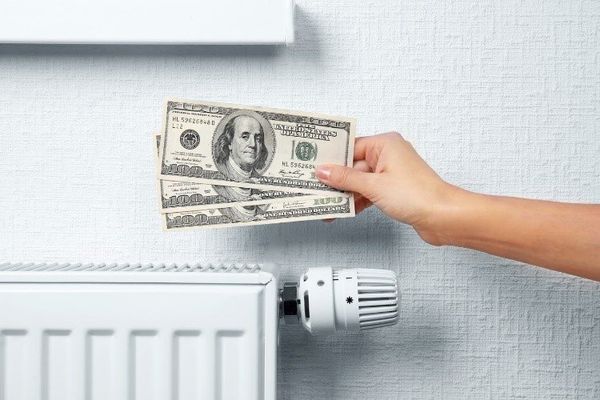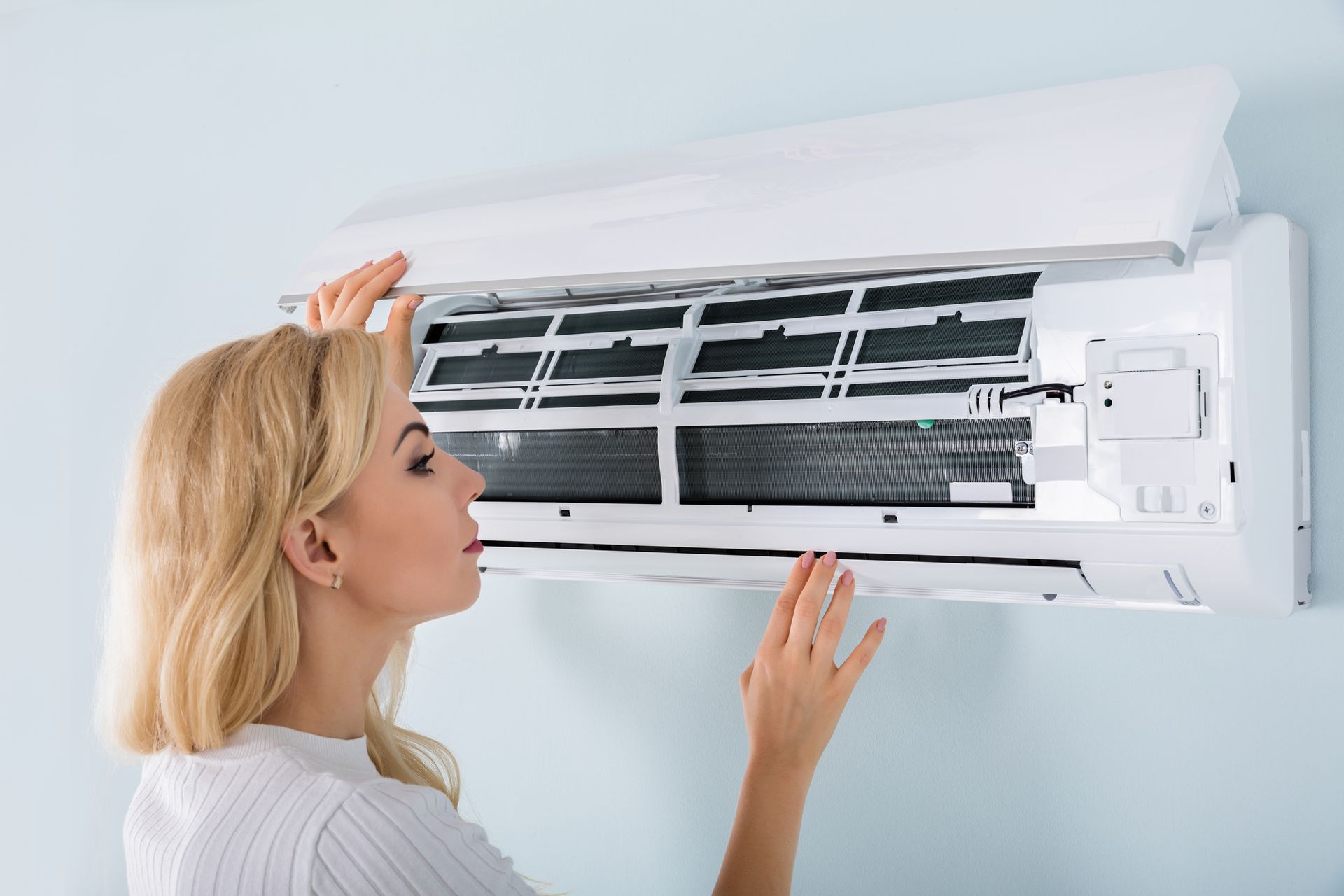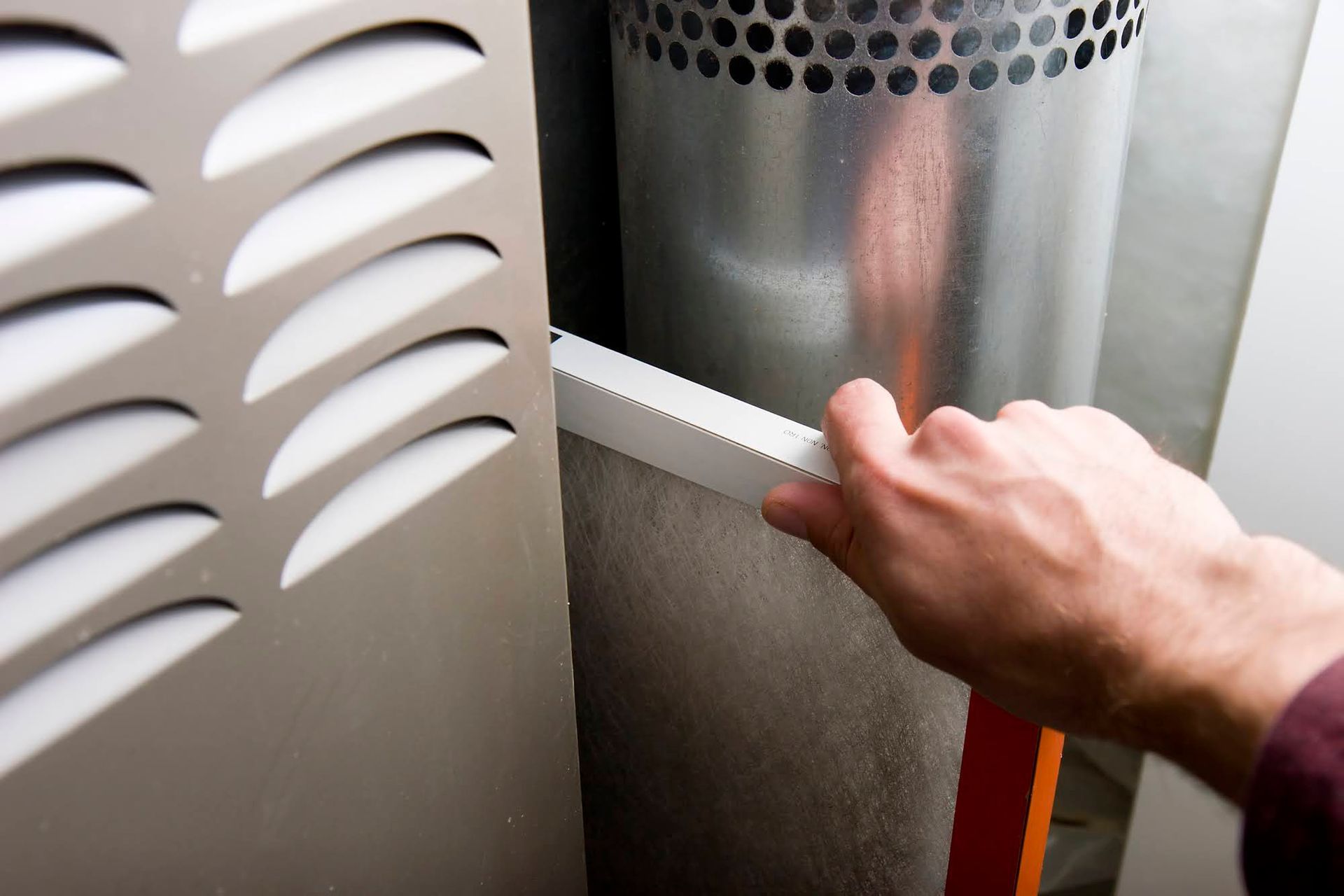FAQs About Home Heating on a Tight Budget

Can You Turn Off the Heater to Save Money?
While you could turn off the system for the season, this strategy isn't advisable. According to the U.S. Department of Energy, home heating makes up nearly 42 percent of the average American's utility costs. But this doesn't mean a quick shutdown will give you close to half the money you pay on electricity or natural gas bills back.
Instead of costs savings, turning off your heater in the winter months can:
- Put your health at risk. Hypothermia (a serious body temperature decrease) isn't only an outdoor hazard. It can happen at cool temperatures above 40 degrees Fahrenheit, according to the U.S. Centers for Disease Control and Prevention (CDC).
- Cause pipes to burst. Without heat or insulation, water pipes can freeze and burst. The repairs to your home's plumbing system and replacement of damaged furniture, flooring, or drywall may cost you more than price of heating your home in the winter.
- Make you uncomfortable at home. Without heat, you won't feel comfortable in your own home — and neither will family members, pets, or guests. Instead of wrapping yourself up in blankets and sweaters, you need the added comfort of a home heating system.
Even though a complete shutdown isn't an option, budget-friendly heating solutions do exist. These won't reduce your heating costs to zero, but they can save you money over the winter months while keeping your home safe and comfortable.
Should You Turn the Thermostat Down?
Simply stated — yes. A seven to ten degree Fahrenheit change for at least eight hours per day can save you up to 10 percent on heating-related utility costs, according to the U.S. Department of Energy. But this doesn't mean every thermostat change will keep your home's heating bills within a strict winter-time budget.
Before you drop the thermostat down a few degrees:
- Think about the time of day or night. A 10 degree change during the middle of your work-at-home day can leave your home almost as uncomfortable as turning off the heater. Instead of a mid-day dip, wait to change the setting until the night-time or when you aren't at home.
- Learn more about your heating costs. Do you need to change your thermostat by seven degrees, ten degrees, or more? It may take a few months to understand how these changes affect your heating bill.
- Update your thermostat. A failing thermostat may not impact your budget. You need a working thermostat that can accurately read your home's indoor air temperature.
If you need to update your thermostat, consider a smart or programmable model. These tech-savvy upgrades can help you to pick set times for temperature changes or monitor your home's indoor air when you're away.
What Else Can You Do to Decrease Your Winter Heating Budget?
A seven to ten degree temperature change isn't the only way to lower your home's heating bills. Along with the thermostat, other ways to make your heating bills fit into your budget include:
- A new air filter. A dirty or clogged air filter forces your furnace to work harder. This can result in reduced heating ability, a cold home, and higher utility bills.
- A professional service. How well does your heater work? If you can't answer this question or you skipper pre-season maintenance, call an HVAC professional for a full inspection, cleaning, and service appointment.
- Added insulation. Your heater has a new furnace and was recently serviced. But the bills are still high. Make sure your home is well-insulated to reduce heating costs.
An HVAC contractor can help you to better understand ways to decrease your winter heating bills. Talk to the technician about your budget and how to make the most of home heating during a pre-season or mid-season maintenance appointment.
Do you need an HVAC maintenance service? Contact Comfort Solutions for more information.










